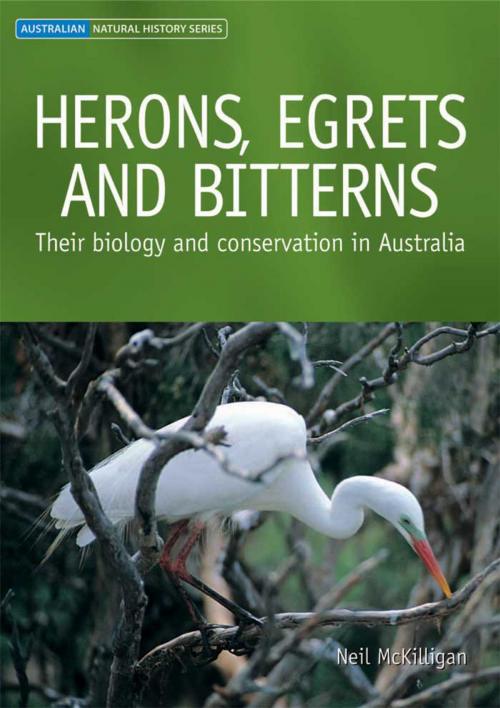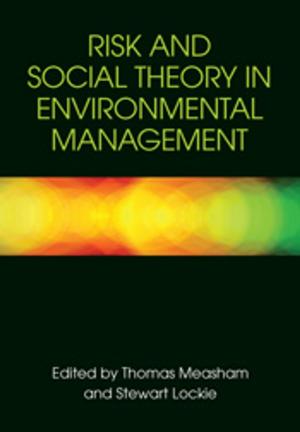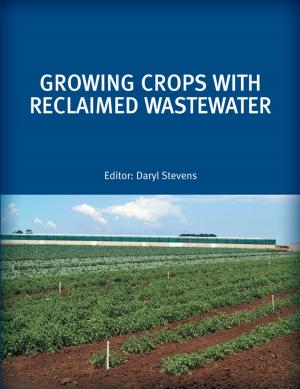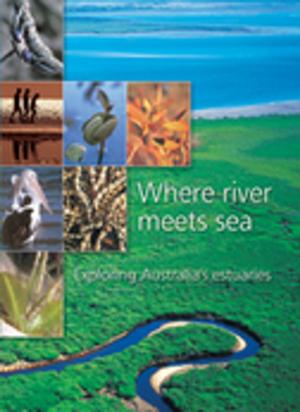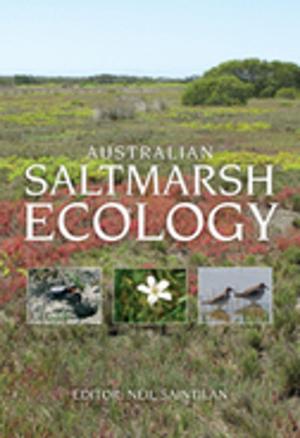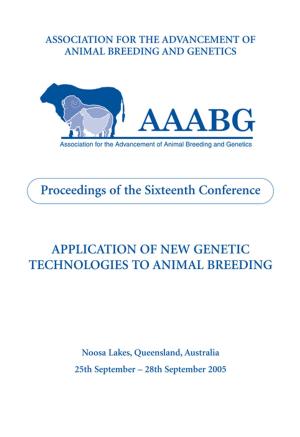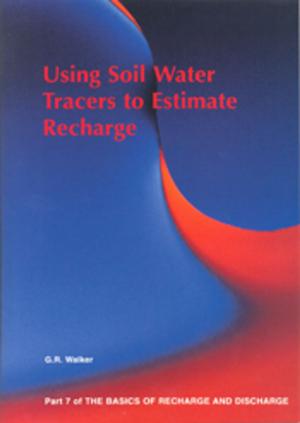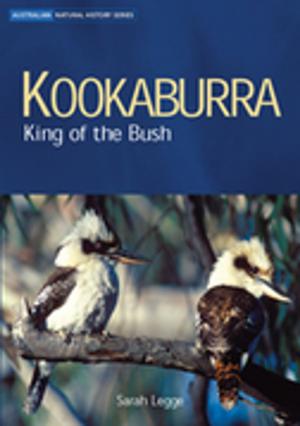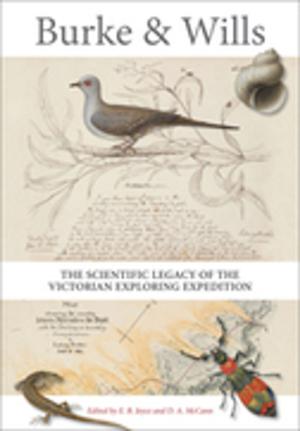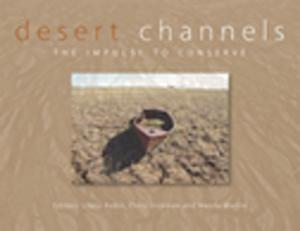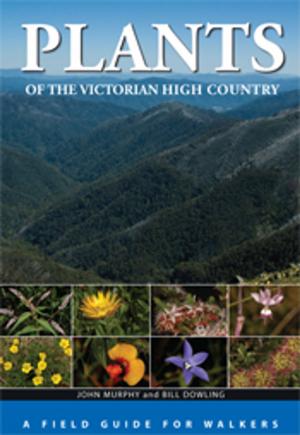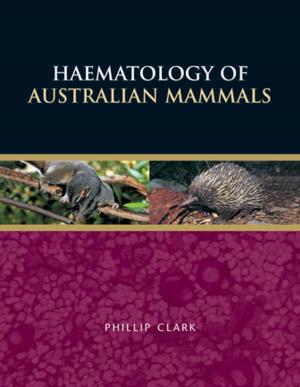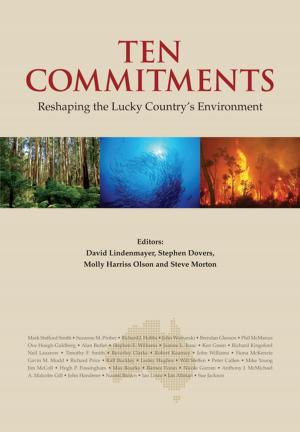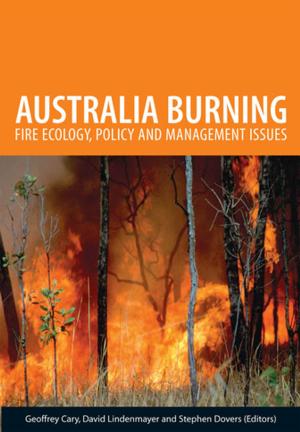Herons, Egrets and Bitterns
Their Biology and Conservation in Australia
Nonfiction, Science & Nature, Science, Biological Sciences, Zoology, Nature| Author: | ISBN: | 9780643099074 | |
| Publisher: | CSIRO PUBLISHING | Publication: | March 2, 2005 |
| Imprint: | CSIRO PUBLISHING | Language: | English |
| Author: | |
| ISBN: | 9780643099074 |
| Publisher: | CSIRO PUBLISHING |
| Publication: | March 2, 2005 |
| Imprint: | CSIRO PUBLISHING |
| Language: | English |
This is the first book to deal exclusively with the Australian members of the Family Ardeidae (herons, egrets and bitterns). It gives a comprehensive, easy-to-read account of their origins, classification and biology, and explains the features that distinguish them from other birds. The book devotes a major chapter to the 14 Australian species, covering their distribution and movements, feeding, breeding, population dynamics and conservation. Some of Australia’s herons have become very scarce in the southern half of the continent and are at risk of national or local extinction. In northern Australia heron habitats and resources are largely pristine and consequently this region accommodates large numbers of certain species. A final chapter on population and conservation provides a useful summary of the present status of the Australian herons, some of whom are thriving and others who are in a very precarious position.
This is the first book to deal exclusively with the Australian members of the Family Ardeidae (herons, egrets and bitterns). It gives a comprehensive, easy-to-read account of their origins, classification and biology, and explains the features that distinguish them from other birds. The book devotes a major chapter to the 14 Australian species, covering their distribution and movements, feeding, breeding, population dynamics and conservation. Some of Australia’s herons have become very scarce in the southern half of the continent and are at risk of national or local extinction. In northern Australia heron habitats and resources are largely pristine and consequently this region accommodates large numbers of certain species. A final chapter on population and conservation provides a useful summary of the present status of the Australian herons, some of whom are thriving and others who are in a very precarious position.
